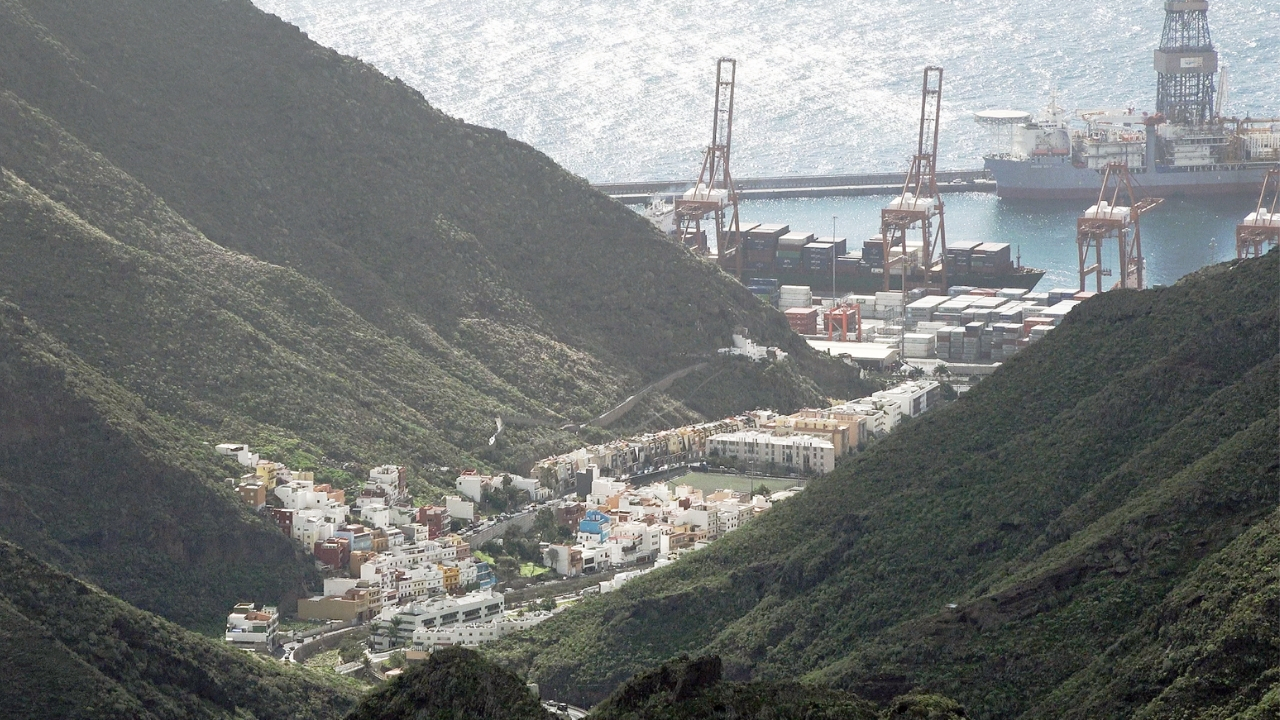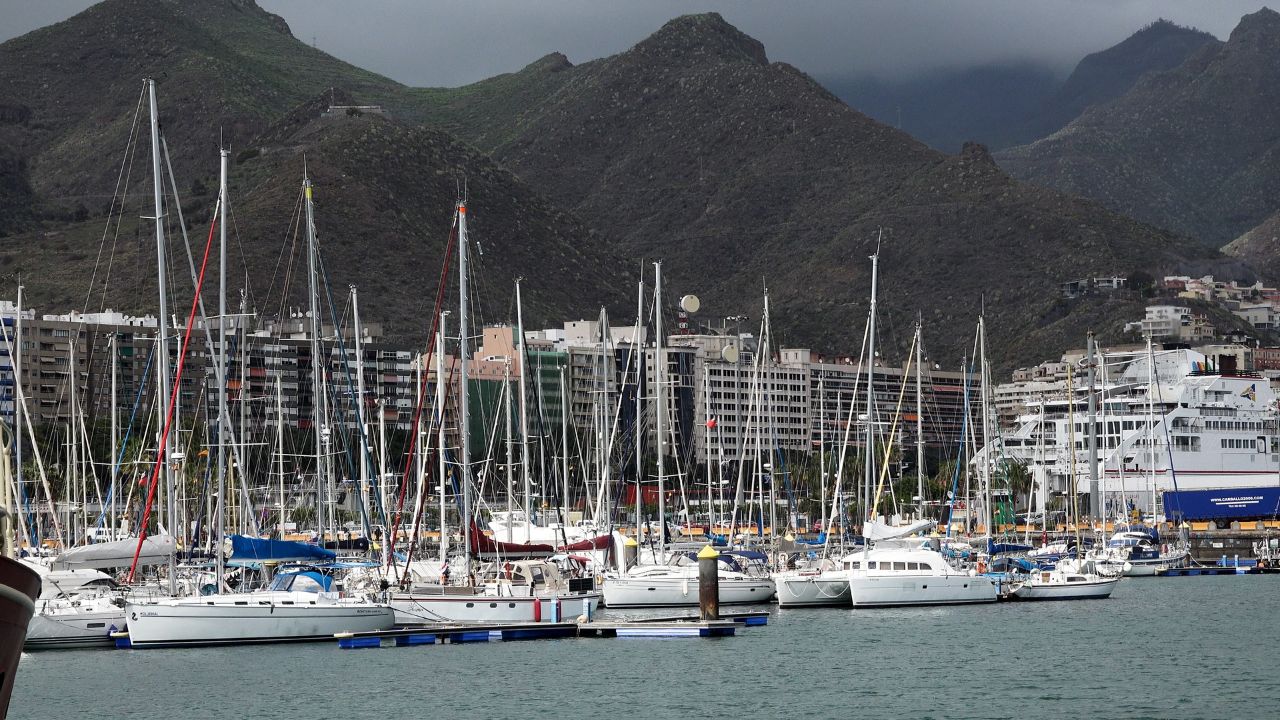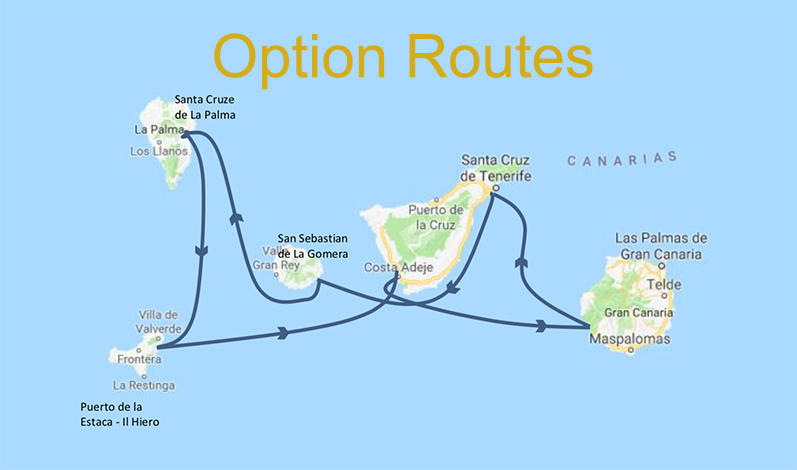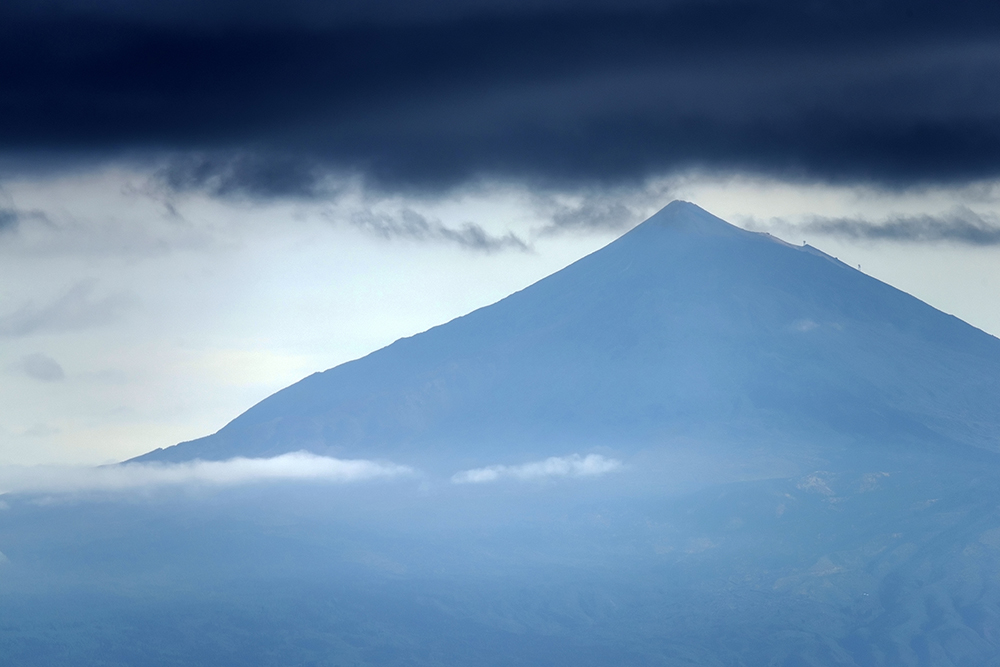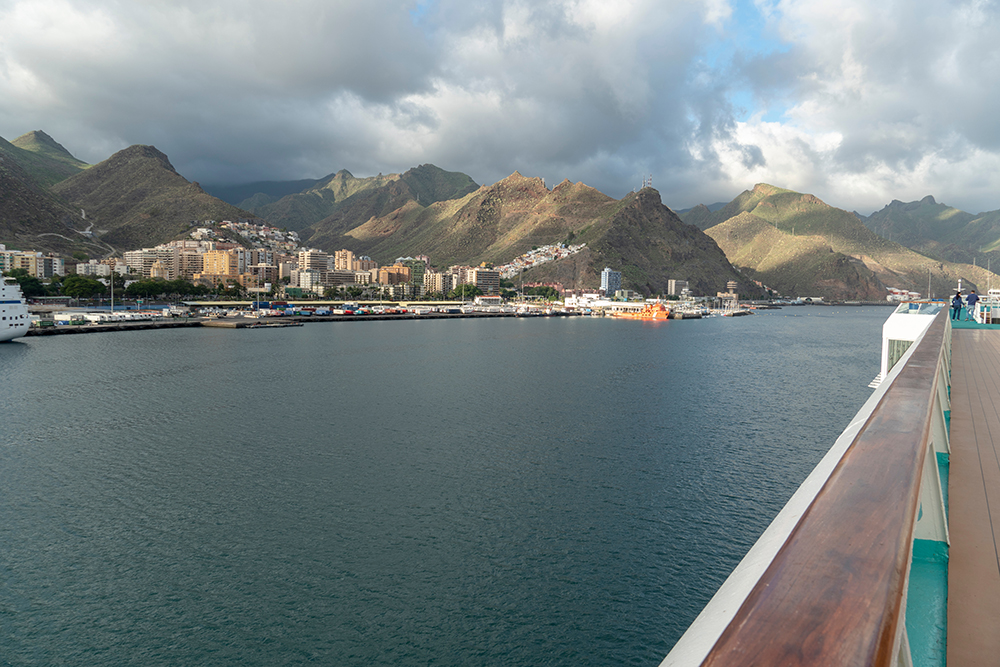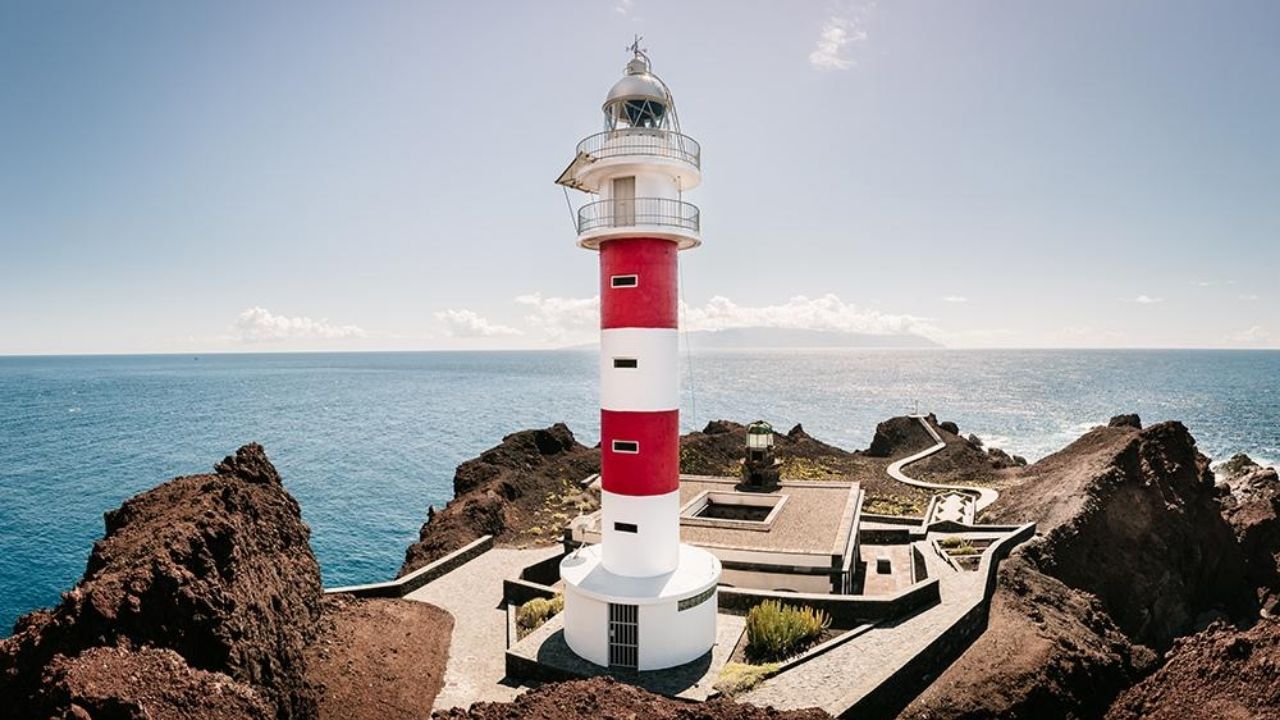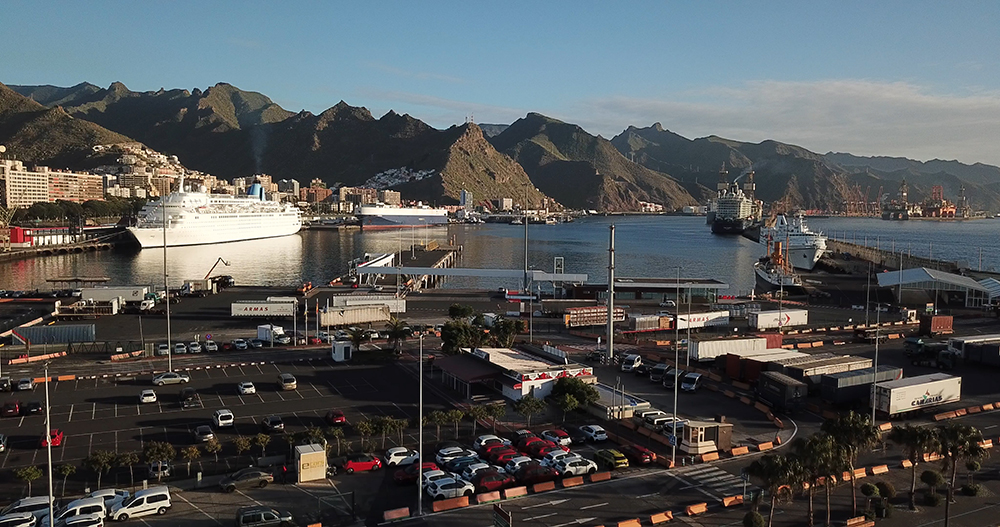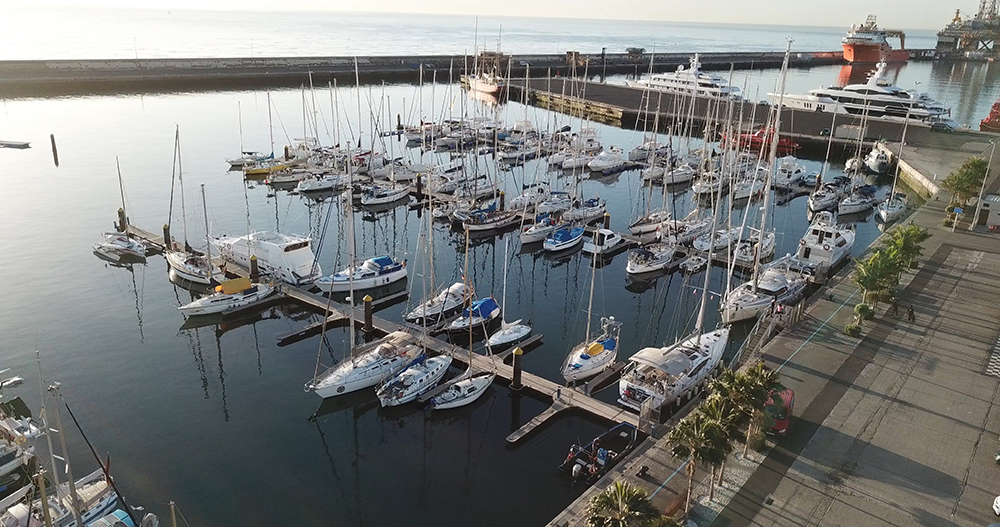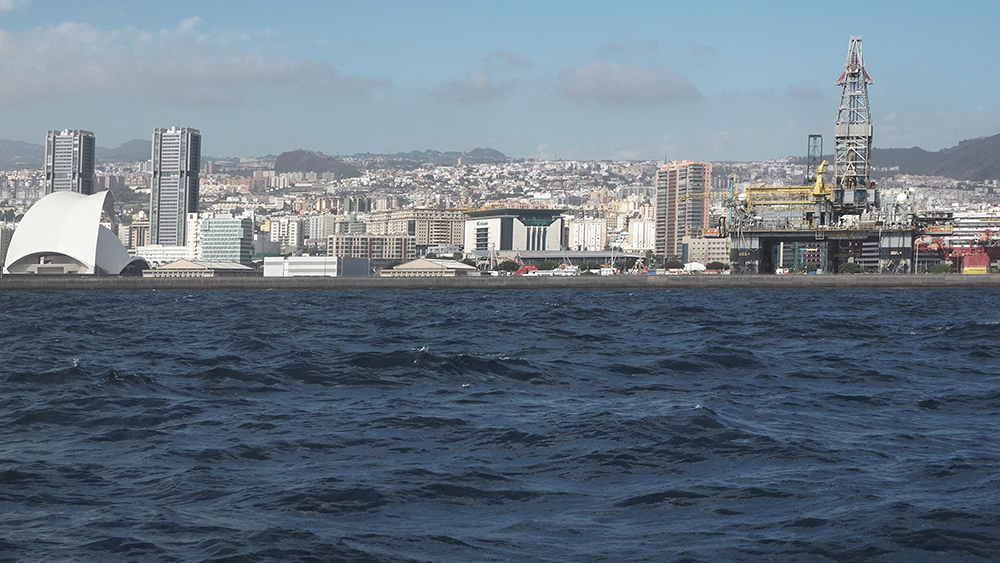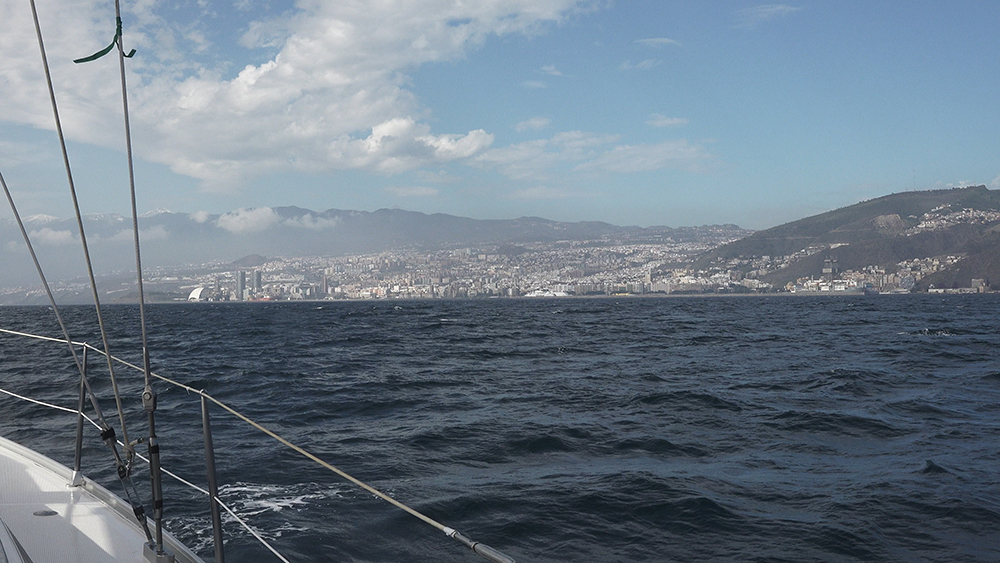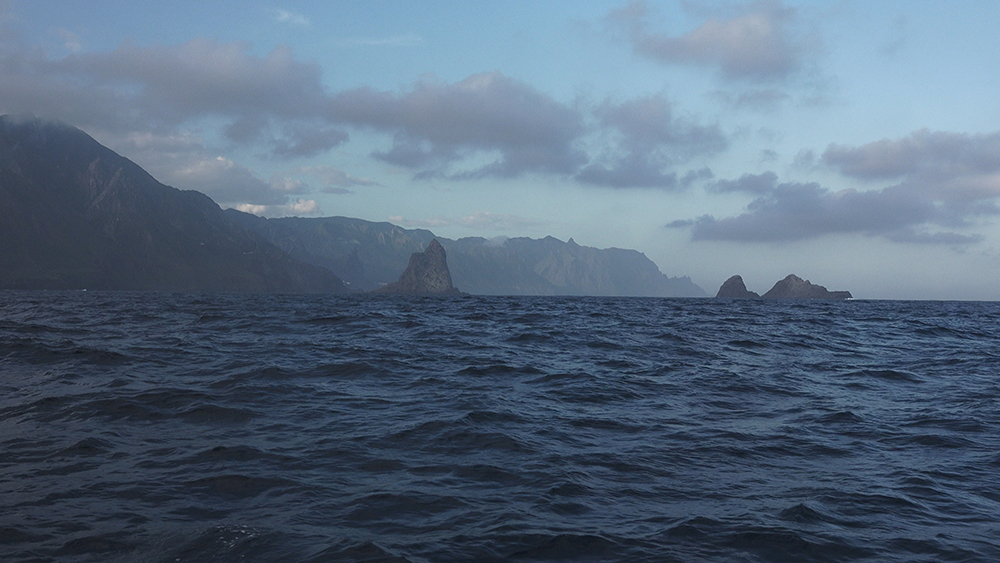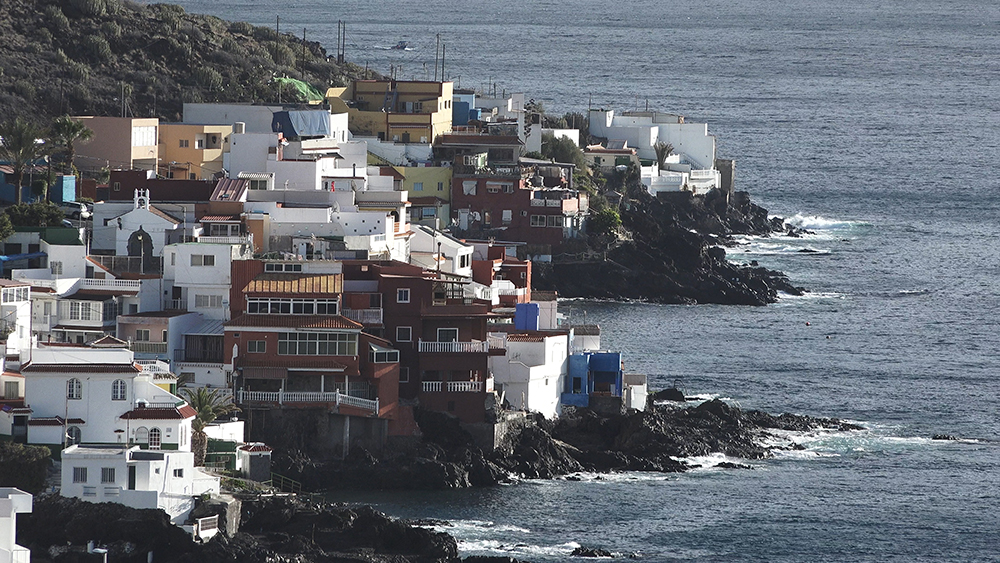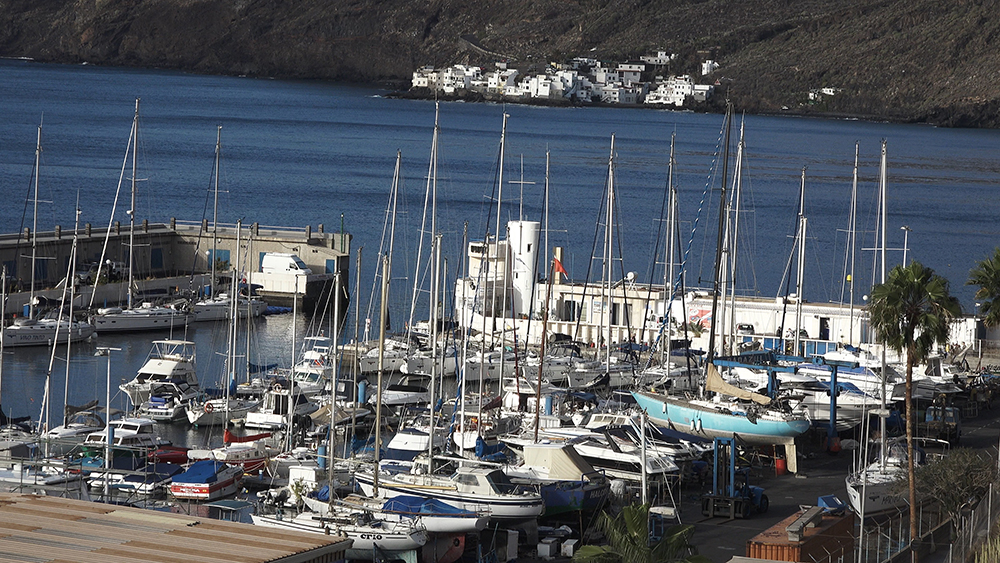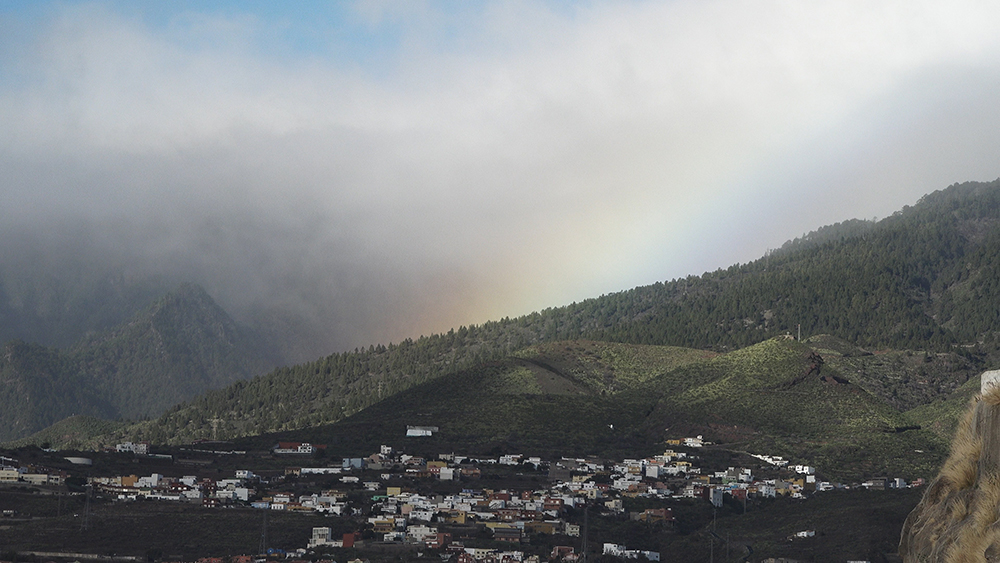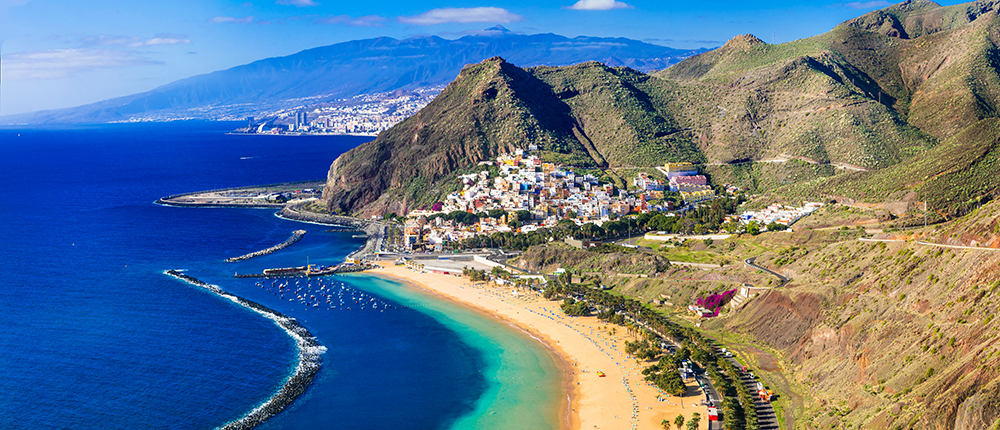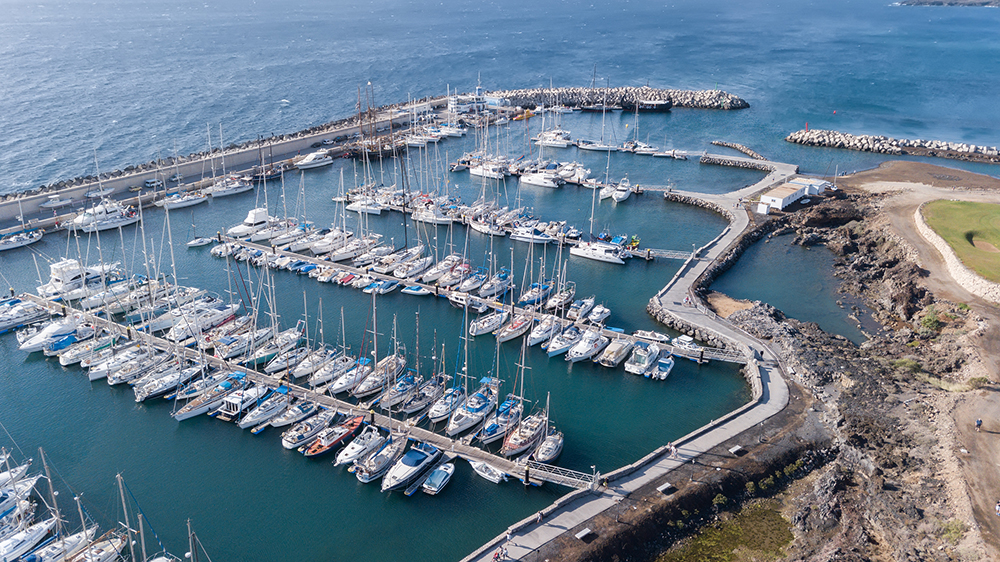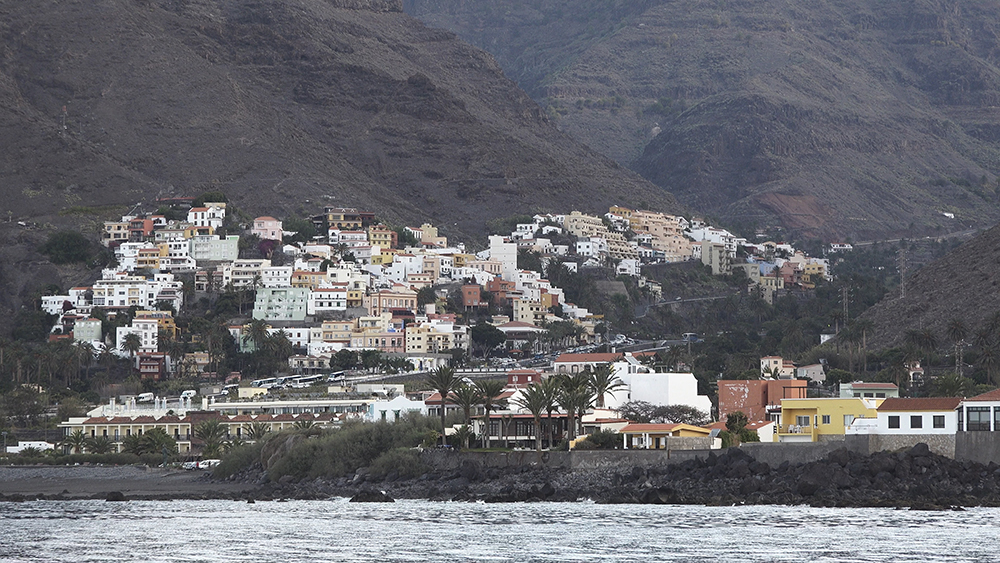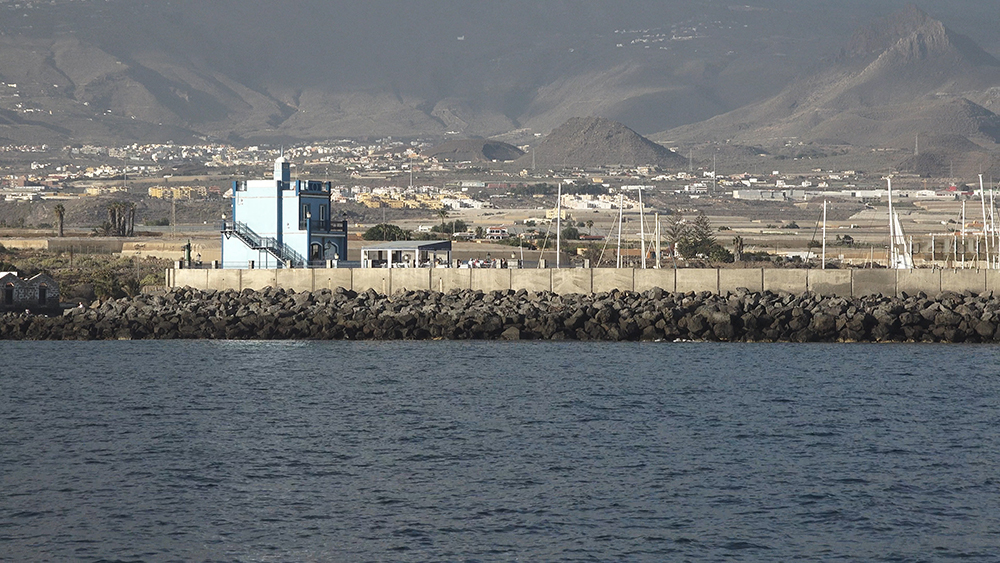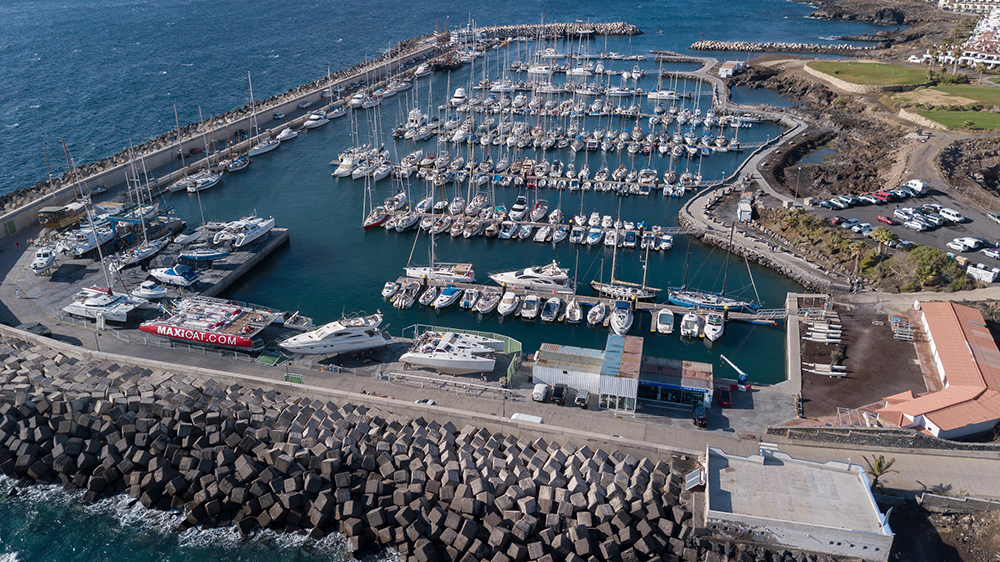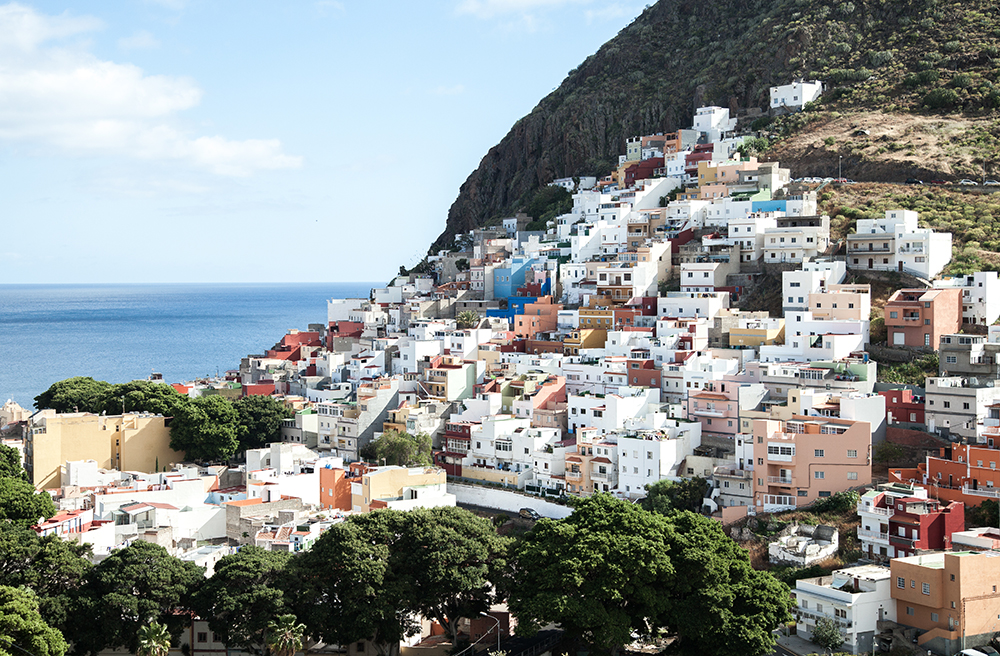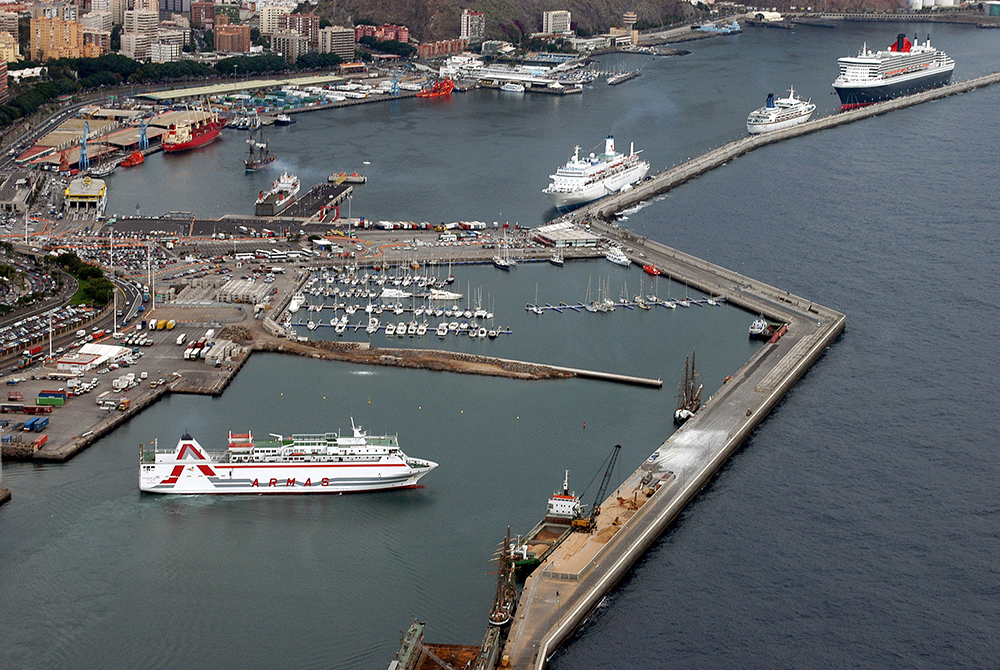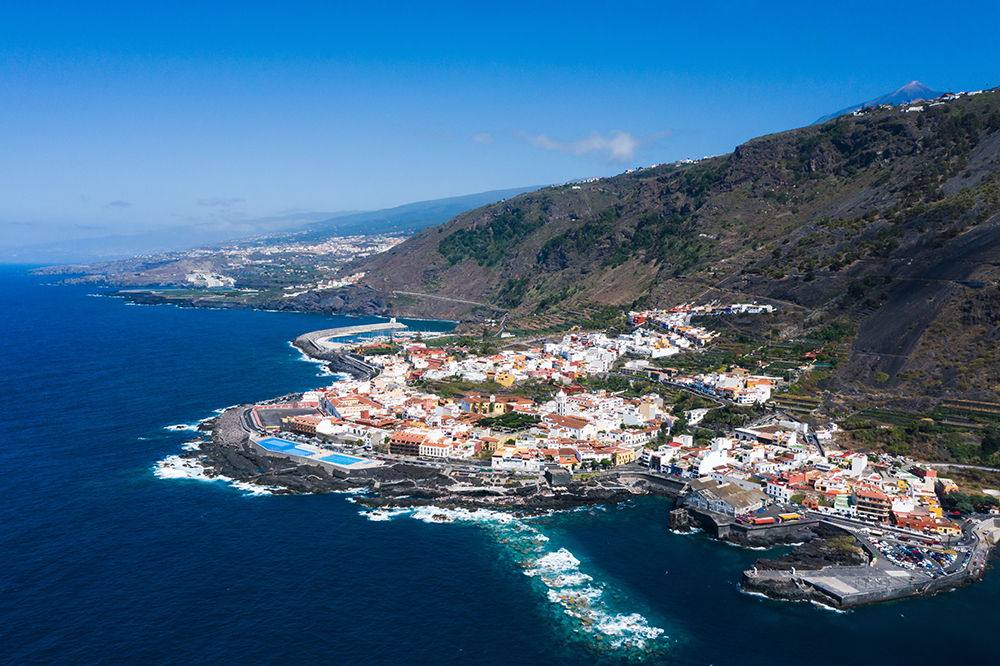Overview of the Canary Islands
The Canary Islands, a Spanish archipelago located 62 miles west of Morocco, offer diverse sailing experiences across seven main islands: Tenerife, Fuerteventura, Gran Canaria, Lanzarote, La Palma, La Gomera, and El Hierro. Each island boasts unique characteristics and microclimates, making it an ideal destination for sailors.
Climate and Weather Conditions
The Canaries offer excellent year-round sailing conditions with mild temperatures and consistent trade winds. Here’s a breakdown of the best sailing seasons:
Spring (March to May)
- Pleasant temperatures averaging 20°C
- Fewer tourists and lower rates
- Ideal for hiking and whale watching
Summer (June to August)
- Warm weather with 9-10 hours of daily sunshine
- July: windiest month for sailing
- Warmest water temperatures
Early Fall (September to October)
- Warm weather with fewer crowds
- Wine harvest season
- Comfortable temperatures for outdoor activities
Winter (December to February)
- Mild temperatures around 20°C
- Stable water temperatures (66-75°F)
- Popular for winter sunshine seekers
Note: Be aware of wind funnelling effects between islands, creating strong localized winds that require experienced navigation.
Cultural Attractions
The Canary Islands are famous for their vibrant carnivals:
- Santa Cruz de Tenerife: One of the world’s largest carnivals
- Los Indianos in Santa Cruz de La Palma: Unique talcum powder tradition
- Los Buches in Arrecife, Lanzarote: Seafaring tradition with traditional music and costumes
Marinas and Yacht Facilities
The Canary Islands boast over 30 marinas and ports with improved facilities. Notable options include:
- Las Palmas (Gran Canaria): Most active port with extensive facilities
- Marina Rubicon (Lanzarote): Efficiently managed with comprehensive services
- Santa Cruz Marina (Tenerife): Centrally located with multilingual staff
- Calero Marinas – Marina La Palma: Impeccable facilities and friendly staff
- Marina La Gomera: Excellent mooring services near amenities
Secluded Anchorages and Beautiful Beaches
Romantic Anchorages
- Paso de la Orchilla, Isla Lobos: Crystal-clear waters, protected from north and northeast winds
- Punta de Antequera, Tenerife: Sea-accessible bay with towering cliffs and black-sand beaches
- Playa Francesa, La Graciosa: Good shelter with sandy seabed (permit required)
Must-Visit Beaches
- Playa de Papagayo, Lanzarote: White sand crescent protected by cliffs
- Las Teresitas, Tenerife: Golden sand beach at the foot of Anaga mountains
- Playa de las Conchas, La Graciosa: Almost white sand with turquoise waters
Planning Your Sailing Trip
Reservations
Book in advance, especially during the Atlantic crossing season (November to January). Contact harbour offices directly for the most current information.
Navigation and Safety
- VHF channels 16 and 70 for distress calls
- Emergency telephone: 900 202 202 (from land)
- Weather forecasts via Spanish Meteorological Agency
Safety Tip: Prepare for demanding conditions due to trade winds, especially in areas with funnelling effects between islands.
Customs and Immigration
- Islands are outside EU customs territory and VAT region
- Report to Port Authority or marina office upon arrival
- Unrestricted inter-island cruising after initial check-in
- Possible document checks at subsequent ports
Popular Sailing Routes and Attractions
- Starting point for transatlantic crossings
- Diverse landscapes from volcanic terrain to lush forests
- Beautiful beaches and unique island-hopping opportunities




